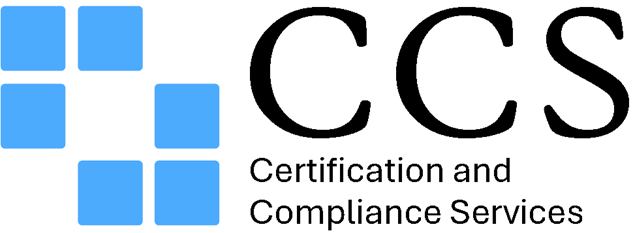Introduction to ISO Management System Standards
- Home
- ISO Certification
- ISO Management System Standards
What is an ISO management system standard?
A management system standard (such as ISO 9001 for Quality Management Systems) is a set of structured requirements that provide an organization with the framework to achieve the purpose of an ISO standard.
Management system standards are developed and published by the International Organization for Standardization (ISO), an international standards development organization.

How are ISO standards named?
Addenda are occasionally published at a later date.
Standards follow a strict naming convention. The second number in each standard represents the year (such as 2015) when the standard was last revised. Addenda are occasionally published at a later date.
We cover the most popular standards:
- ISO 9001:2015 – Quality Management Systems
- ISO 14001:2015 – Environmental Management Systems
- ISO 22000:2018 – Food Safety Management Systems
- ISO 22301:2019 – Business Continuity Management Systems
- ISO 27001:2022 – Information Security Management Systems
- ISO 41001:2018 – Facility Management Systems
- ISO 45001:2018 – Occupational Health & Safety Management Systems
- ISO 50001:2018 – Energy Management Systems
What requirements do we need to meet to be certified?
A management system standard contains a common set of requirements that your organization must meet to be certified.
You will need to prepare a set of policies and procedures that specify how you will apply these requirements. Requirements typically cover:
- Management and employee responsibility, authority and accountability
- Competence and awareness
- Planning and deployment of resources
- Internal and external communication
- Risk evaluation and impact on objectives
- Performance review related to organizational objectives
- Internal audits
- Control of documented information



